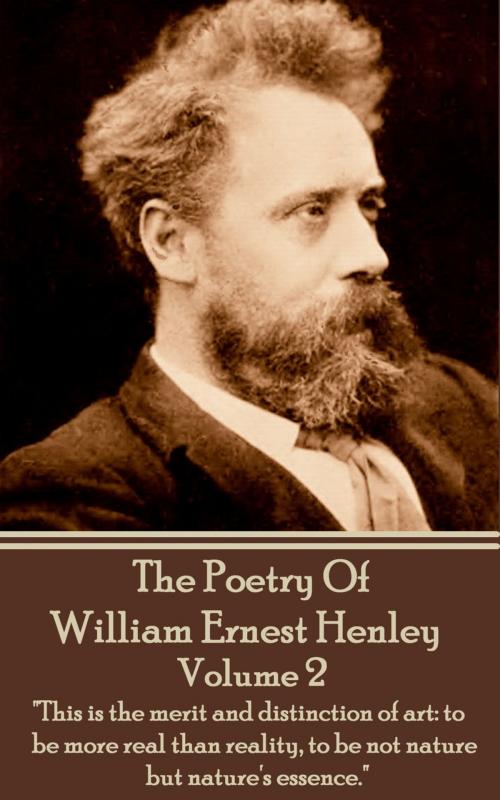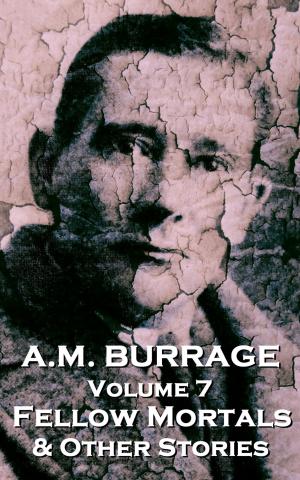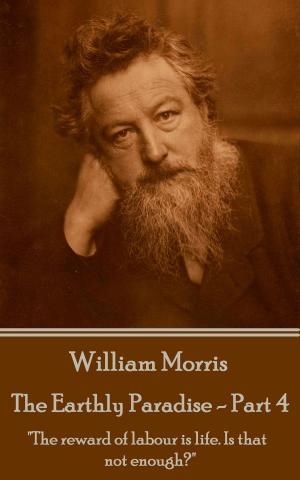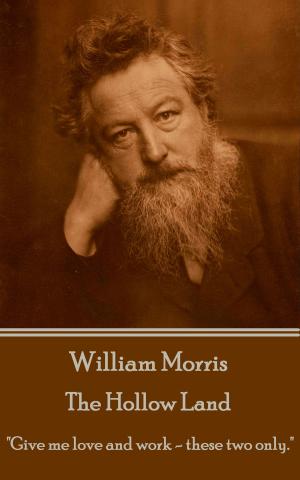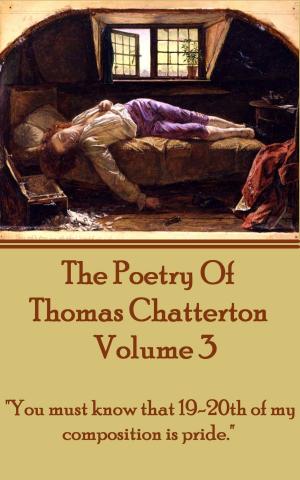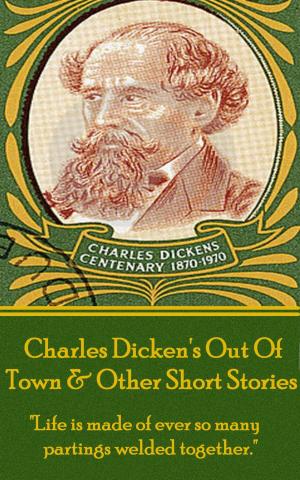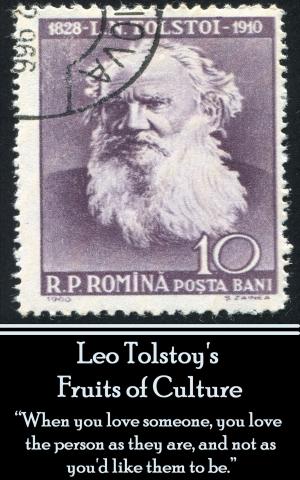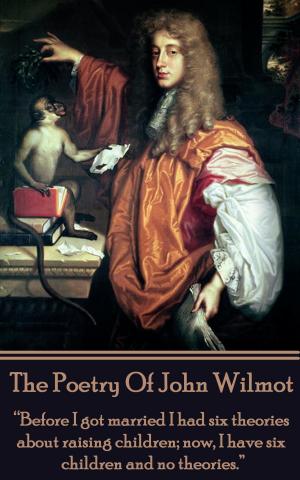| Author: | William Ernest Henley | ISBN: | 9781783942268 |
| Publisher: | Deadtree Publishing | Publication: | December 15, 2009 |
| Imprint: | Portable Poetry | Language: | English |
| Author: | William Ernest Henley |
| ISBN: | 9781783942268 |
| Publisher: | Deadtree Publishing |
| Publication: | December 15, 2009 |
| Imprint: | Portable Poetry |
| Language: | English |
William Ernest Henley was born in Gloucester on 23 August 1849, the eldest of six children. Between 1861 and 1867, Henley was a pupil at the Crypt Grammar School. It was also from this time that William suffered from tuberculosis of the bone that resulted in the amputation of his left leg below the knee in 186869. Frequent illness often kept him from school, although the misfortunes of his father's business also contributed. In 1867, Henley passed the Oxford Local Schools Examination and moved to London to establish himself as a journalist. However, this quest was interrupted over the next eight years by long stays in the hospital as the disease spread to his right foot. The opinion was that a second amputation would save his life. William sought a second opinion from the pioneering surgeon Joseph Lister. After three years in the hospital (187375), during which Henley wrote and published the poems collected as In Hospital, he was discharged. Although the treatment was not a complete cure, Henley enjoyed a relatively active life for almost thirty more years. In 1875 William wrote his classic poem "Invictus" which is evidently based on his illness and was only published in 1888 in his first volume of poems, Book of Verses. On 22 January 1878, he married Hannah (Anna) Johnson Boyle. Their sickly young daughter, Margaret, was immortalized by J. M. Barrie in his children's classic, Peter Pan. Unable to speak clearly, young Margaret had called her friend Barrie her "fwendy-wendy", resulting in the use of "Wendy" in the book. Margaret died at age 5 and buried at the country estate of her father's friend, Harry Cockayne Cust, in Cockayne Hatley, Bedfordshire. William was now to earn his living as a publisher. In 1889 he became editor of the Scots Observer, and precursor of the National Observer (UK). After its headquarters were transferred to London in 1891, it became the National Observer and remained under Henley's editorship until 1893. The paper had almost as many writers as readers, said Henley, and its fame was confined mainly to the literary class, but it was a lively and influential contributor to the literary life of its era. As a poet and playwright Henley wrote a great deal. Mainly admired for ‘Invictus’ there are many other poems and plays in his works which are just as good. William Ernest Henley died of tuberculosis in 1903 at the age of 53 at his home in Woking, and his ashes were interred in his daughter's grave in the churchyard at Cockayne Hatley in Bedfordshire.
William Ernest Henley was born in Gloucester on 23 August 1849, the eldest of six children. Between 1861 and 1867, Henley was a pupil at the Crypt Grammar School. It was also from this time that William suffered from tuberculosis of the bone that resulted in the amputation of his left leg below the knee in 186869. Frequent illness often kept him from school, although the misfortunes of his father's business also contributed. In 1867, Henley passed the Oxford Local Schools Examination and moved to London to establish himself as a journalist. However, this quest was interrupted over the next eight years by long stays in the hospital as the disease spread to his right foot. The opinion was that a second amputation would save his life. William sought a second opinion from the pioneering surgeon Joseph Lister. After three years in the hospital (187375), during which Henley wrote and published the poems collected as In Hospital, he was discharged. Although the treatment was not a complete cure, Henley enjoyed a relatively active life for almost thirty more years. In 1875 William wrote his classic poem "Invictus" which is evidently based on his illness and was only published in 1888 in his first volume of poems, Book of Verses. On 22 January 1878, he married Hannah (Anna) Johnson Boyle. Their sickly young daughter, Margaret, was immortalized by J. M. Barrie in his children's classic, Peter Pan. Unable to speak clearly, young Margaret had called her friend Barrie her "fwendy-wendy", resulting in the use of "Wendy" in the book. Margaret died at age 5 and buried at the country estate of her father's friend, Harry Cockayne Cust, in Cockayne Hatley, Bedfordshire. William was now to earn his living as a publisher. In 1889 he became editor of the Scots Observer, and precursor of the National Observer (UK). After its headquarters were transferred to London in 1891, it became the National Observer and remained under Henley's editorship until 1893. The paper had almost as many writers as readers, said Henley, and its fame was confined mainly to the literary class, but it was a lively and influential contributor to the literary life of its era. As a poet and playwright Henley wrote a great deal. Mainly admired for ‘Invictus’ there are many other poems and plays in his works which are just as good. William Ernest Henley died of tuberculosis in 1903 at the age of 53 at his home in Woking, and his ashes were interred in his daughter's grave in the churchyard at Cockayne Hatley in Bedfordshire.
